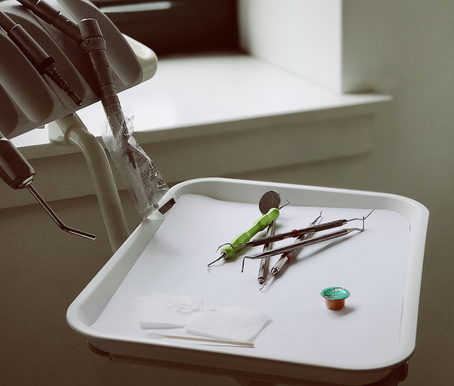Do you know anyone in your family currently planning their retirement? It’s a special time in everyone’s life, especially if they plan on living a ‘snowbird’ lifestyle. This lifestyle is what’s known by retirees as leaving their harsh weathered states for the winter months and moving to warmer parts of the United States. Sometimes these retirees stay in a location they’ve kept rented for years, others may have purchased property for this very time in their life. These home-away-from-homes provide retirees the respite they deserve throughout the rough winters, while also providing a means to gather family and friends in a new location. How can these retirees prepare for such a major life change, though? Those details can be found within this post.
Before these retirees can move to their new homes, somethings must be done in their winter homes. That begins with a winterization of the property they’re leaving behind. Meaning services like cable and internet will have to suspended, but more importantly the water to avoid any flooding or water damage risks in the property. Turning down the heat is also recommended, but do not turn it off for extended periods of time. With the heat off, water pipes may freeze in the coldest months. Consider asking a close family member or friend to occasionally check on the house as well.
Snowbirds will also have to consider how they will continue to care for any vehicles or appliances being kept in their winter homes. Similarly, prior to departure, snowbirds will want to clear out their fridges as any products that are perishable will begin to decay. Depending on the duration of these snowbirds’ travels and stays, they may come home to some disgusting food discoveries if they fail to clear their fridges. On that same note, they may also want to leave the doors of the fridge open to avoid mildew creation and build up. Once entirely cleared, it is safe to unplug their fridge to reduce electricity costs.
Prior to leaving, unless maintenance was already scheduled recently, consider calling someone in to take a look at the heating system. A professional will be able to determine if the system is suitable to cover your home for the duration of your stay and can recommend the best ways to keep your home warm throughout your travels. They may also recommend unplugging any electronics around the home to avoid any fire risks.
Prior to leaving, it may be worth scheduling some maintenance ahead of time for any winter home’s heating systems. A professional will quickly deem a system as capable of covering any snowbird’s home for the duration of their stay and can recommend the best ways to keep these winter homes warm throughout any snowbird’s time away from home. These professionals will also likely recommend unplugging any electronics around the winter home to avoid any fire risks while these snowbirds are away.
Confirm these snowbirds have packed all necessary medications, prescriptions and any other medical devices with prior to leaving. As mentioned previously, friends and family occasionally checking in on the home is recommended, but not necessary in some cases. Alerting the local police force of your extended departure may also be wise as they can add it to their rounds and alert you of any suspicious activity.
Only once all of these preparations have been made, can any retiree truly feel comfortable about leaving their winter homes behind. If you or any of your family members were interested in learning more about how to properly prepare for a snowbird lifestyle, be sure to take a minute to consult the infographic included alongside this post. Within it, you’ll find additional strategies that can help ease the process of transitioning any family member to their new property. Infographic courtesy of Transport Advisers.




